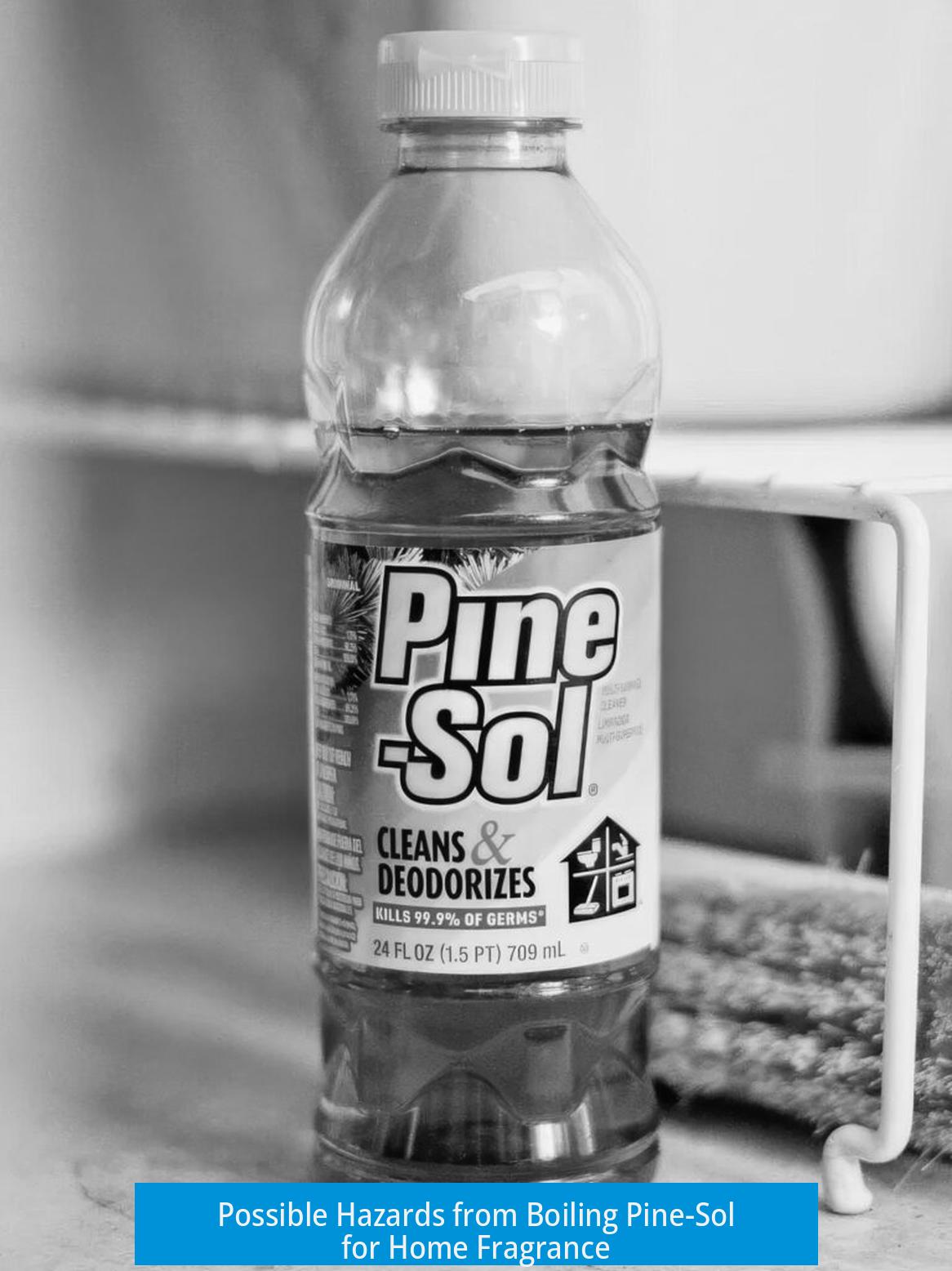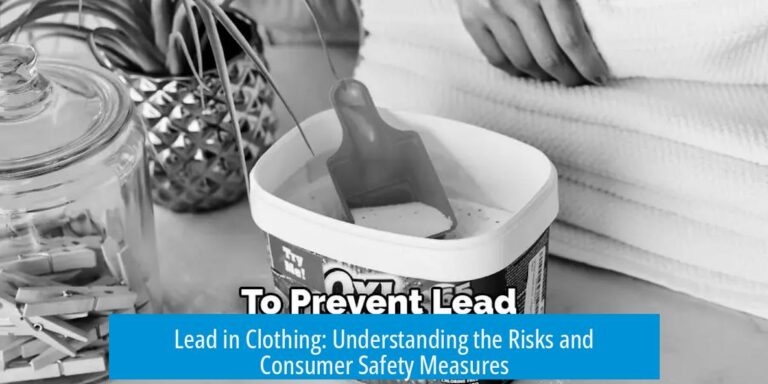Hazards of Boiling Pine-Sol to Make Your House Smell Good

Boiling Pine-Sol to scent your home poses several health and safety risks due to the chemical components present in the cleaner. Pine-Sol contains chemicals not intended for inhalation. Heating it forces these substances into the air, risking respiratory and neurological effects.
Chemical Composition and Toxicity
Pine-Sol contains a mixture of chemicals including 8–12% pine oil, 3–7% alkyl alcohol ethoxylates, 1–5% sodium petroleum sulfonate, and 1–5% isopropyl alcohol. Some formulations also contain glycolic acid. These compounds are designed for cleaning, not for vaporization. Boiling causes them to evaporate, releasing potentially harmful fumes.
Forcing chemical vapors into the air bypasses the natural barriers the body uses to filter inhaled substances. These chemicals can irritate the lungs, eyes, and skin. Some constituents may cause headaches or more severe effects.
Health Effects from Inhalation
- Acute symptoms include headaches, dizziness, and irritation of mucous membranes. Exposure to Pine-Sol vapors during prolonged periods has been reported to cause intense headaches lasting days.
- There is anecdotal evidence suggesting cognitive impairments after exposure to Pine-Sol vapors, indicating potential longer-term neurological effects.
- Repeated inhalation can exacerbate respiratory conditions and increase sensitivity to chemical irritants.
Recommendations and Safer Alternatives
Experts advise against boiling Pine-Sol or similar chemical cleaners to scent indoor air. The chemical vapors are not safe to inhale and can condense back onto surfaces or lungs.
Safer options for home fragrance include:
- Using wax warmers or essential oil diffusers, which release natural aromas without harmful chemicals.
- Burning pine-scented candles designed for indoor use.
- Using natural extracts, such as vanilla, to emit pleasant scents safely.
- Improving ventilation when using any fragrance product.
- Employing air filtration technologies like carbon filters to reduce indoor pollutants.
Contacting local health or safety authorities can offer guidance on maintaining indoor air quality.
Key Takeaways
- Boiling Pine-Sol releases harmful chemical vapors not meant for inhalation.
- Exposure can cause headaches, respiratory irritation, and possible cognitive effects.
- Safer fragrance methods include essential oil diffusers and scented candles.
- Ventilate well and consider air filtration for better indoor air quality.
What chemicals in Pine-Sol may pose hazards when boiled?
Pine-Sol contains pine oil, alkyl alcohol ethoxylates, sodium petroleum sulfonate, and isopropyl alcohol. These chemicals can release harmful vapors when boiled, which are unsafe to inhale.
What health effects can result from inhaling boiled Pine-Sol vapors?
Inhaling these vapors may cause headaches, dizziness, and cognitive issues. Prolonged exposure can worsen symptoms, leading to ongoing irritation and possible health damage.
Why is boiling Pine-Sol indoors to scent a house discouraged?
Boiling forces chemicals into the air that are not meant to evaporate naturally. This increases concentration of toxic fumes, which can harm lungs and overall health.
What are safer alternatives to boiling Pine-Sol for fragrance?
- Use a wax warmer or essential oil diffuser.
- Try pine-scented candles.
- Use vanilla extract for milder scents.
How can I reduce risks if I accidentally boil Pine-Sol indoors?
Increase ventilation by opening windows. Consider using air purifiers or carbon filters to clear harmful particles from the air.





Leave a Comment